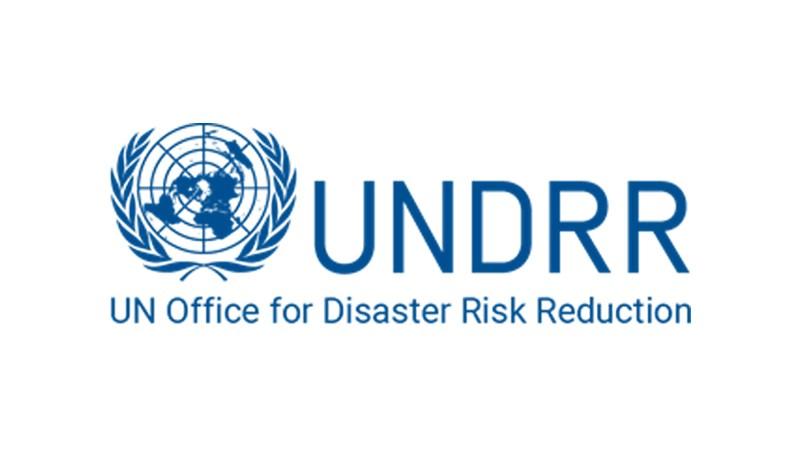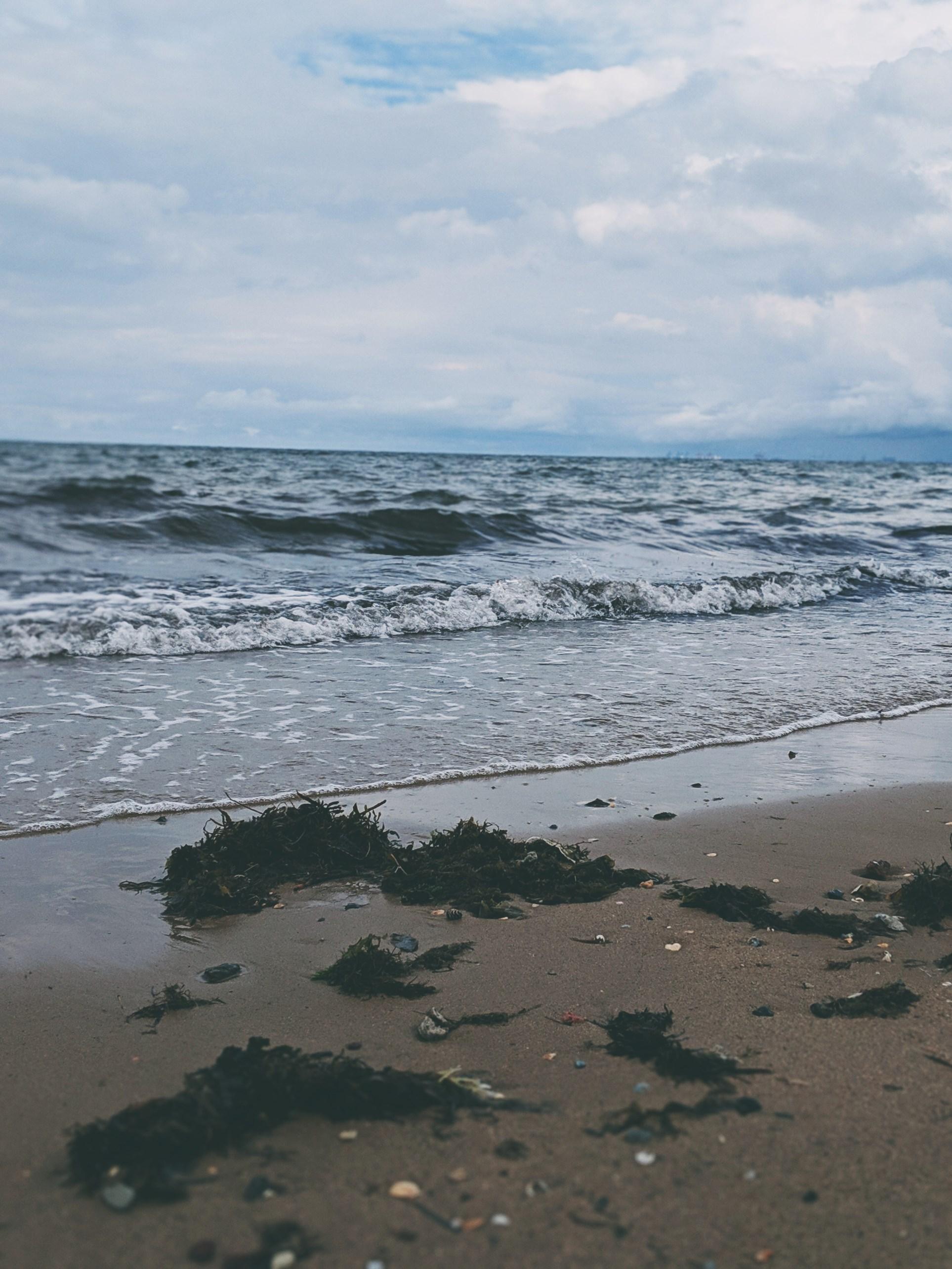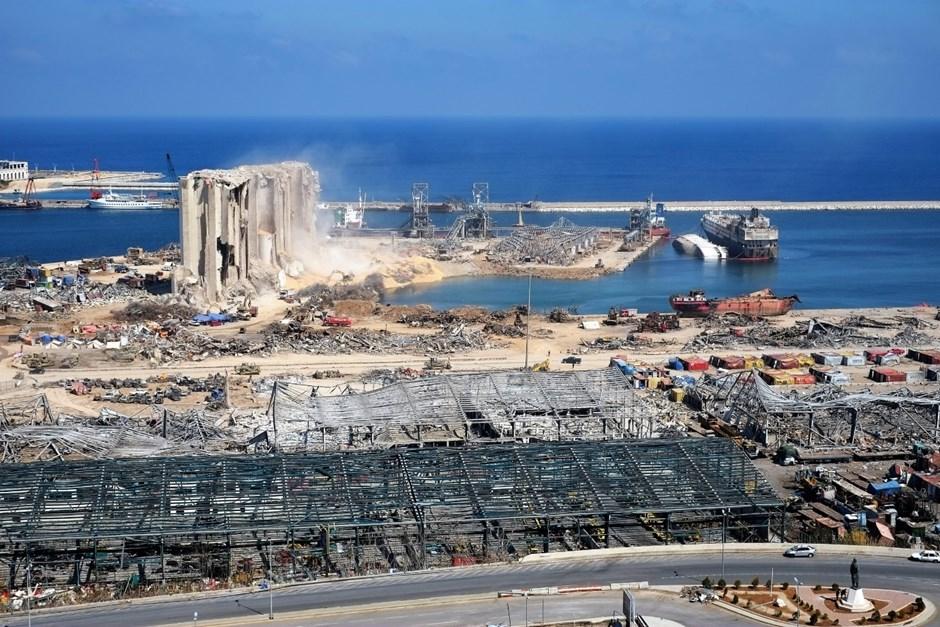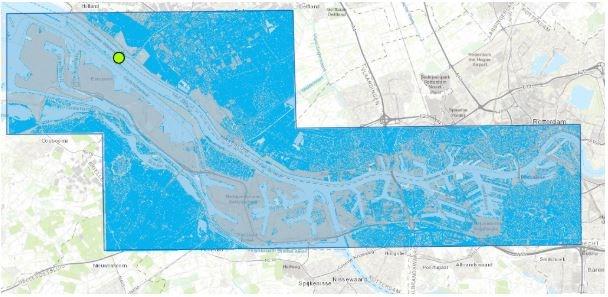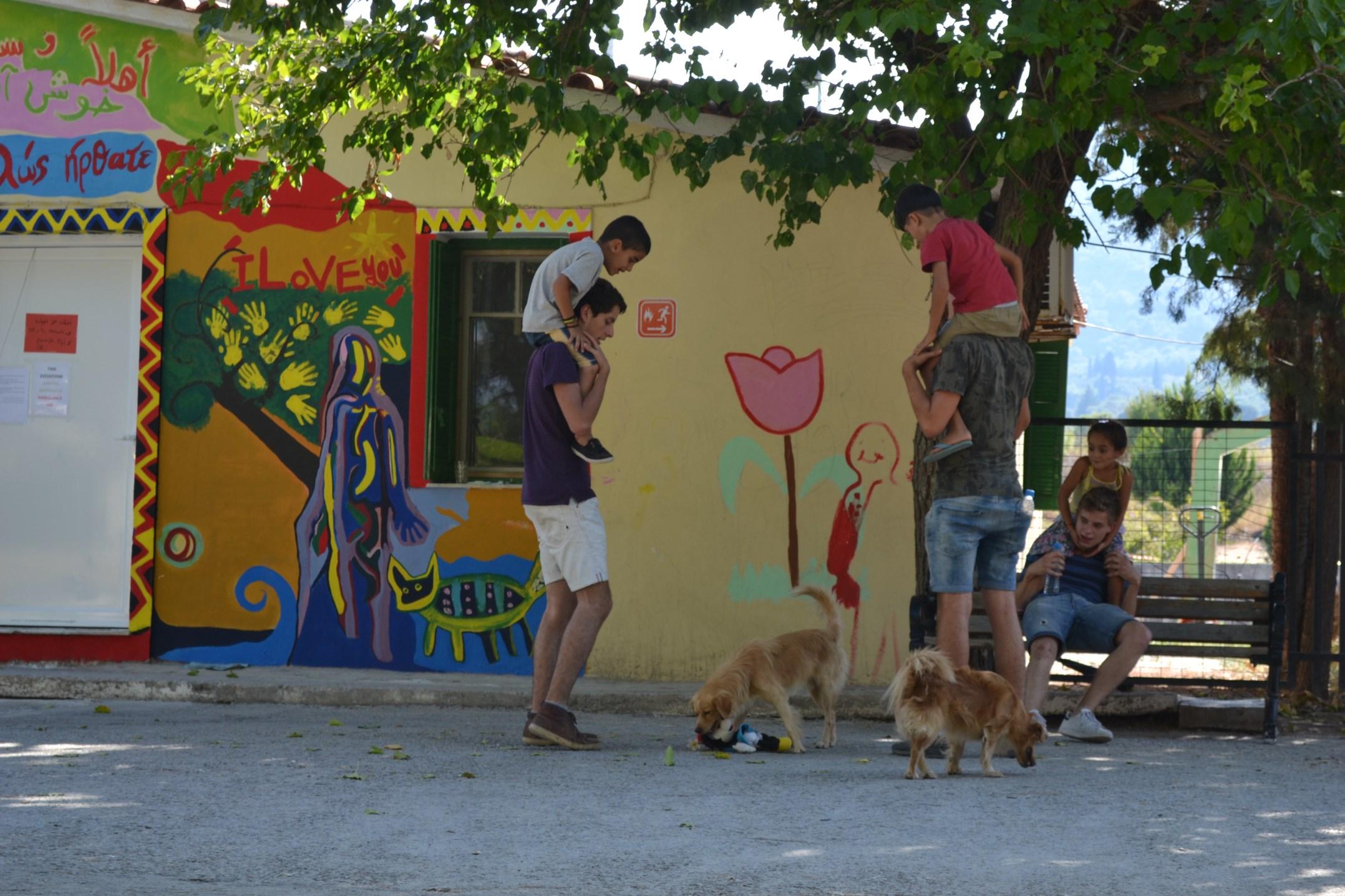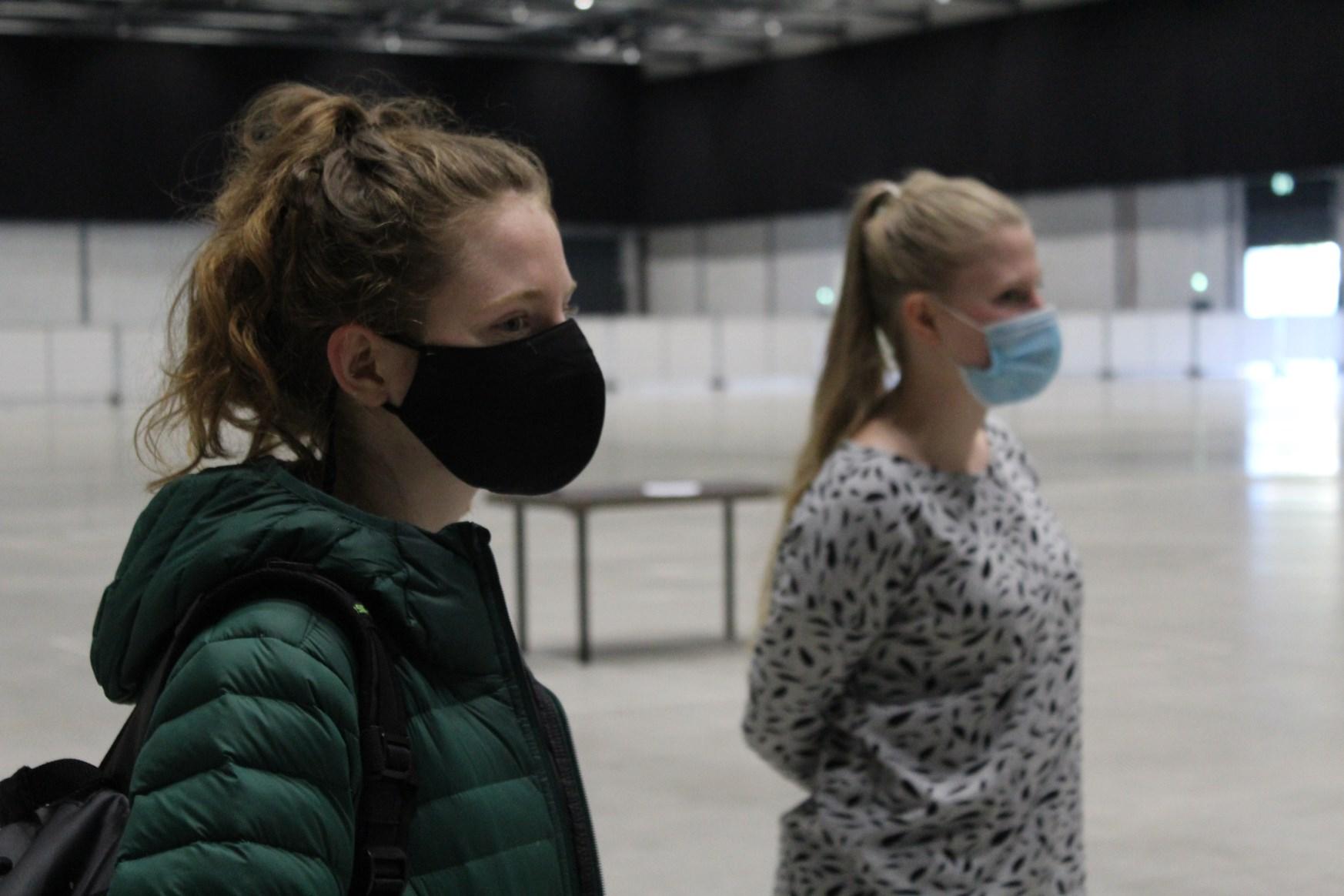
5 minute read
Description of minor
Description of the minor
When you choose this minor, you will find out that it consists of two parts. The first part is a general part, both tracks (migration track & climate track) must follow the courses that are given. Next to that, one track specific course is being given to prepare you for the second part of the minor. The following courses are being given in the first part of the minor:
Advertisement
Experimenting with innovative technologies in emergency response
In this course, you will learn about emergency response systems when disasters occur and get to know what challenges the emergency services face regarding coordination, logistics and more. As a group of 4 or 5 students, you will write a report about a disaster situation of your choosing and will conduct an experiment that uses (innovative/new) technologies that improve the disaster response regarding your chosen disaster.
Precasting global flood and drought risk using GIS
In this course, you will learn the basics about water management. After that, you will learn to work with the mapping program “ArcGIS Pro”, an application that lets you create maps, add spatial data and do spatial analysis. As a duo, you will hand in a so called ‘’storymap’’, an online story about your flood prone project area in The Netherlands, that is supported by maps that you created.
System thinking in disaster resilience and recovery
In this course, you will learn about system thinking, resilience and recovery in a disaster situation. You will get to understand more clearly why certain things happen in countries when disasters strike. Next to the lectures, you will work as a group of 4 or 5 students on a real-life project that is provided by a problem owner. That means it is possible that you will contribute to the solution of a real-life problem that the problem owner faces!
Epidemics disaster response and prevention (migration track)
In this course, you will learn about epidemics/ pandemics and how diseases become an epidemic/pandemic. You will also have a look at migration flows and their influence of disease spreading public and mental health. You, alone, will write a report about the health of student during an epidemic/pandemic or that of a refugee in a camp at the European border.
Field Exploration Contamination (climate track)
In this course, you will be introduced to the project that will take place in second part of the minor.
Climate change impacts
In this course, you will learn about climate change and the different effects it has on our world. As a group of 4 or 5 students, you will write a report about a country that is prone to climate change and the effects climate change have on this country in the years to come .
Migration track
In the second part of the minor, you are going to follow courses of the specific track that you chose when you registered for this minor. For the migration track, the following courses are given:
Understanding migration dynamics, governance and policy
In this course you will look at present day migration dynamics. This will be done from a multidisciplinary point of view, so political decision making and sociological/economical/geographical factors will be considered when we are looking at migration dynamics in this course. You, alone, will write a report about a migrant group and their path to migration and integrating in their new homeland.
Trend analysis in resilience
During the current COVID-19 pandemic, a lot of things are uncertain and things that used to be normal are not normal anymore. It can be said that the pandemic is a gamechanger, but maybe it is a good gamechanger. In this course, you will look a certain (mega)trends in modern day society and research what the pandemic has changed in our world and has maybe accelerated some (mega)trends that were already developing. As a group of 4 or 5 students, you will hand in several deliverables during this course, but the main deliverable is an infographic about an assigned (mega)trend.
Ethics and migration
In this course you will look at migration from a moral point of view. Countries and/or legislators have their own moral and ethical views on migration, this however means that migration will be handled differently depending on who is ruling the country at that time. You will look at several basic standpoints and ethical theories regarding migration and a specific topic regarding migration: ‘’Who is responsible?’’. You, alone, will write an article about a topic within the realm of ethics and migration.
Prevention, detection and responding to extremist threats.
In this course, you will learn about radicalization, extremism, terrorism and predictive profiling. You will learn the different ideals that come into play when we are talking about radicalization, extremism and terrorism. Next to that, you will learn about the principles and practical applications of predictive profiling. You, alone, will write a report about a topic in the realm of radicalization, extremism and terrorism.
Participative research in a refugee/migrant camp
The initial purpose of this course was to prepare you for the research trip to a refugee camp that would have taken place in the end of the minor. However, the situation surrounding Covid-19 is such that a trip is not possible, and even the alternative program is at risk because of the restrictions that are in place at the time of writing this article. Hopefully, when you join the minor, this course will happen as it supposed to and prepares you to an interesting and eye-opening trip!
Climate track
The climate track does not
have courses, instead you will participate in a project regarding current environmental disasters that humans can have influence on. Using tools and gathered data (like a geographical analysis) to monitor certain project
locations, environmental disasters
can be mapped and conclusions can be drawn. Along with your multidisciplinary project team, you will present your results in a storymap.
Throughout the second part of the module, lectures of ‘’Professionals in disruptive
events’’ are given to
the students. Which means the migration track, as well as the climate track. These lecturers are guest speakers that were involved in a disruptive event and share their experience with us. Once again, because of the COVID-19 situation it does not take place like the way it did the years before, but these lectures are nevertheless remarkably interesting! An overview of these lectures and two interviews with people that experienced a disruptive event account for the final report that is required to pass this class. At the end of the minor, students present thier results in an exhibition. Here the
students inform the audience of
what they have learned the past semester and share their experiences. The organisation of this event is left to the students, under guidance of several teachers. Six groups have be made and they must work together to succeed in making this exhibition a success.

